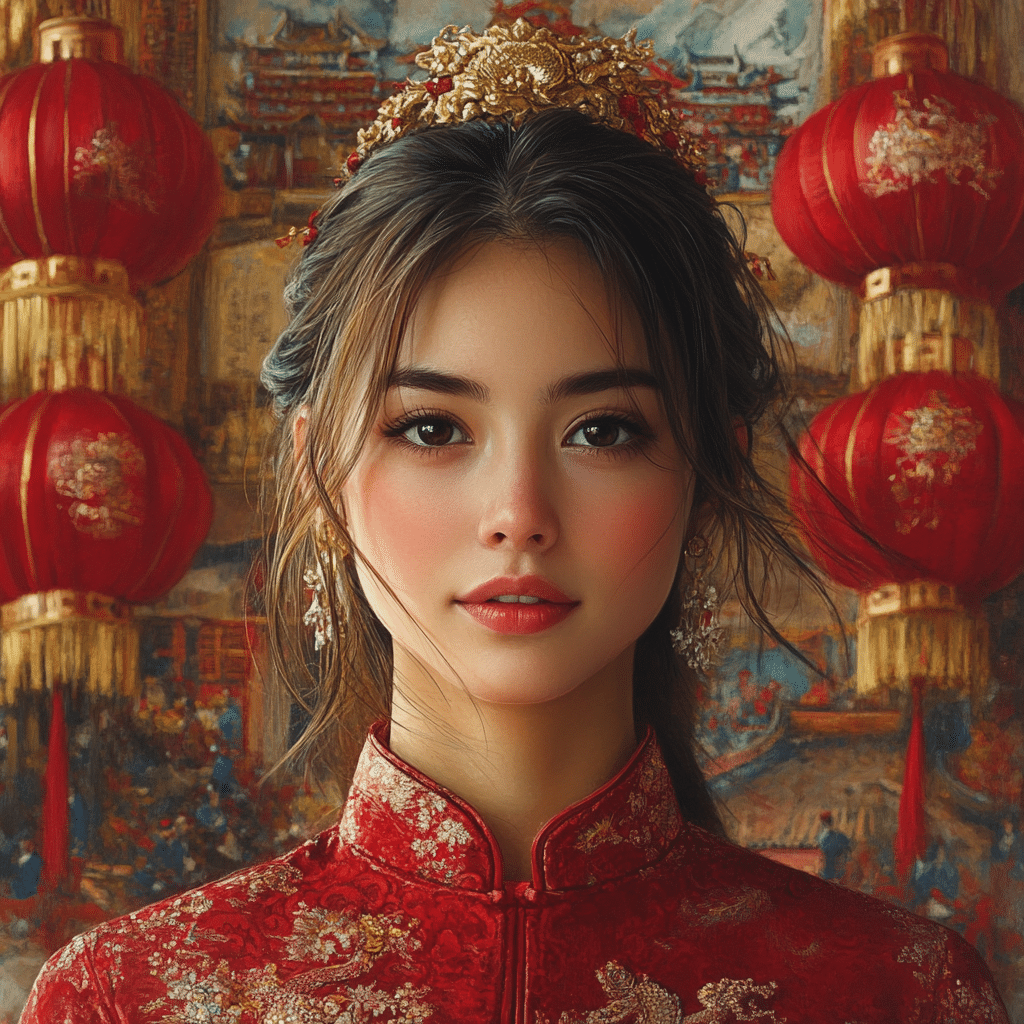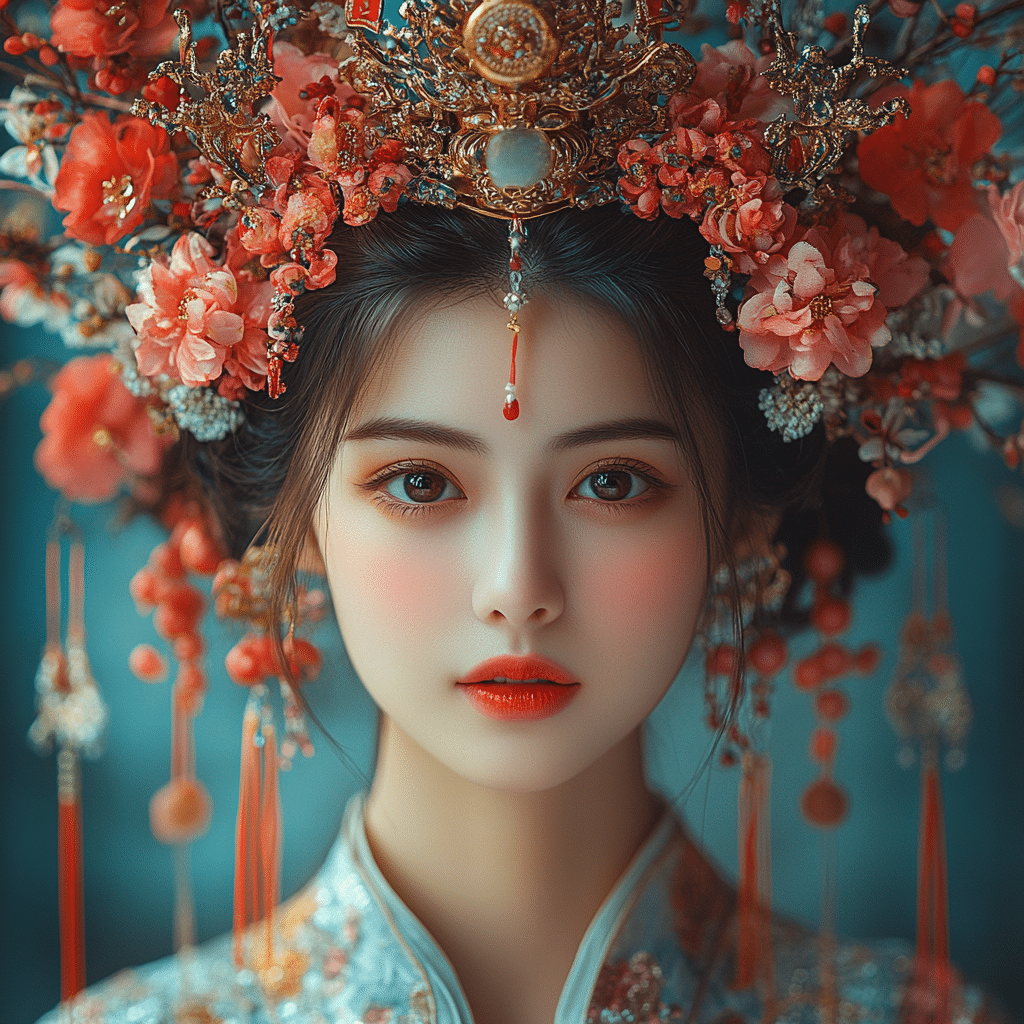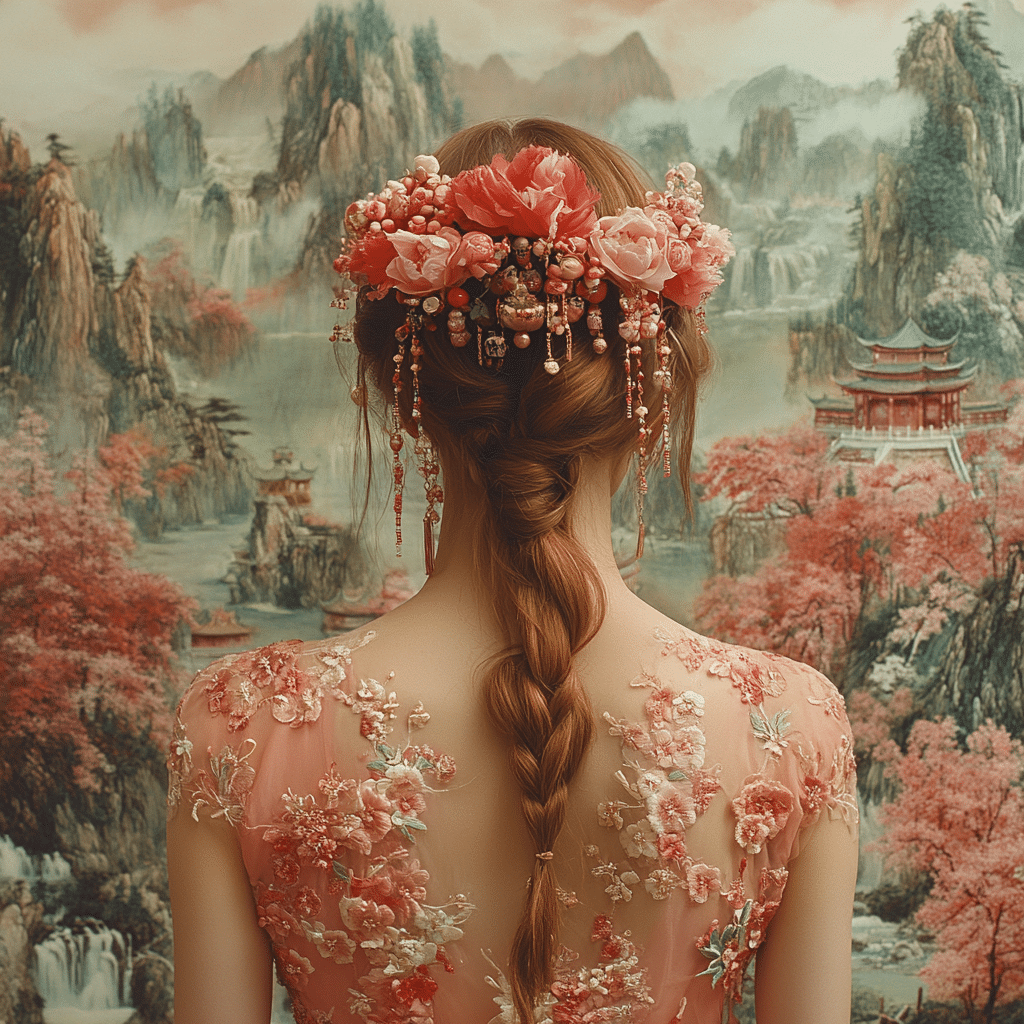Exploring the Essence of New China: Innovation and Leadership
The term New China captures a whirlwind of change, representing the country’s growing influence through rapid technological advancements and a redefined role in global affairs. As China solidifies its identity on the world stage, it’s crucial to understand how these elements interact—shaping the narrative not just within its borders but across the globe. New China symbolizes a powerful economic engine intertwined with a cultural renaissance that echoes a unique societal story.
At the heart of New China is a spirit of innovation, fostered by both the government and private sectors. As companies like Huawei and Alibaba rise to prominence, the country’s commitment to research and development becomes increasingly clear. With Premier Li Qiang at the helm since March 2023, a fresh vision for progress emphasizes the importance of technology and education in achieving sustainable growth.
Furthermore, China’s cultural identity plays a pivotal role in its global positioning. By incorporating historical nuances with modern practices, it creates a dynamic and compelling narrative that resonates with many. New China’s essence is about building bridges—both technological and cultural—fostering connections that benefit not just itself but also its international partners.

Top 7 Transformative Initiatives Defining New China in 2024
China’s ambitious initiatives reflect its evolving status, and in 2024, we see a clear roadmap of New China’s aspirations. Here are seven transformative initiatives that embody the spirit of New China:
Launched in 2013, this massive infrastructure project is intended to connect Asia, Africa, and Europe. With over 140 countries participating in 2024, projects like the China-Pakistan Economic Corridor highlight major investments in developing economies.
The People’s Bank of China is rapidly advancing the rollout of the digital yuan, aiming to enhance international transactions. This currency could challenge the dominance of the US dollar, signaling a shift towards a financially interconnected future in New China.
In 2024, China reigns as a leader in renewable energy, accounting for nearly half of the world’s solar panel production. With significant investments in wind energy, New China is committed to combating climate change and sustainable development.
Companies such as Tencent and Baidu are spearheading advances in artificial intelligence. As AI technologies become integrated across various sectors, from healthcare to finance, they demonstrate New China’s vision for innovation and efficiency.
Films like “The Wandering Earth” reflect how New China uses cultural exports to influence global perceptions. The rising popularity of C-dramas showcases China’s soft power in action, shaping opinions through engaging storytelling.
The China National Space Administration (CNSA) is ambitiously pursuing lunar and Mars exploration. The successful Chang’e 5 lunar mission not only highlights technological achievements but positions New China at the forefront of global space exploration.
Education reforms in New China are shifting towards fostering creativity and innovation. By 2024, initiatives aimed at enhancing critical thinking pave the way for a talented workforce ready to tackle challenges across various emerging fields.
The Role of Technology in Shaping New China
In the kaleidoscope of New China, technology significantly drives its ascent. Big data, artificial intelligence, and increased internet connectivity catalyze transformations within urban environments. Cities like Shenzhen showcase this tech boom, exhibiting innovation from companies like Huawei and DJI, which lead in drone and telecommunications technology.
Beyond urban centers, investments in smart city projects are steadily increasing. These initiatives prioritize digital infrastructures to enhance urban management and quality of life. High-tech innovations, such as the Internet of Things (IoT), are becoming standard in daily living, illustrating New China’s tech-savvy approach to modernity.
Moreover, New China has embraced e-commerce, supported by platforms like Alibaba and JD.com, which have made waves in global markets. The exponential growth of online shopping exemplifies China’s ingenuity, allowing internal businesses to expand internationally while reshaping the global retail landscape.

Economic Resilience and Global Trade Dynamics
In the wake of the pandemic, China is reimagining its economic strategy. New China focuses on self-reliance while simultaneously keeping doors open for trade. By balancing these approaches, the country aims to strengthen domestic companies and establish a foothold in international markets.
Against this backdrop, platforms like Alibaba are evolving into international retail giants. Their expansion efforts showcase not only the resilience of New China but also the importance of staying connected in an increasingly globalized economy.
Furthermore, the restructuring of global supply chains presents opportunities for New China. As companies reassess their operations post-COVID, China’s robust manufacturing capabilities position it as a prime player in providing goods worldwide.
Cultural Renaissance: Reviving Tradition with Modernity
New China acknowledges the significance of its rich heritage while confidently stepping into the future. This blending of old and new breathes life into cultural practices, from traditional Chinese medicine to cuisine. By championing cultural tourism, cities like Xi’an and Hangzhou attract visitors eager to explore history integrated into modern experiences.
The revival of traditional arts and craftsmanship also plays a significant role in New China’s cultural narrative. By investing in education and promoting local artisans, the country celebrates its unique identity while facilitating connectivity with global audiences.
Additionally, the resurgence of interest in Fine Bone China, a refined porcelain, reflects New China’s push to promote its cultural exports internationally. Highlighting craftsmanship and artistry from New China enhances its cultural diplomacy, nurturing a sense of pride and unity.
Engaging with the Global Community
New China’s engagement with the international community reflects its commitment to multilateralism and collaboration. An example is the 2024 International Horticultural Exhibition hosted in Yangzhou, showcasing China’s dedication to global sustainability and cultural exchange.
By fostering partnerships across borders, New China aims to collaborate on pressing issues like climate change and public health. Its willingness to engage in dialogues underlines a new approach to global affairs—emphasizing cooperation over conflict.
Furthermore, New China actively participates in various international forums, contributing to discussions about economic stability, human rights, and environmental protection. This proactive stance strengthens its role as a global player.
Embracing Challenges and Future Directions
As New China forges ahead, it encounters challenges that could shape its path. Aging demographics and potential economic slowdowns demand innovative solutions and flexible strategies. Addressing these concerns is vital for sustaining growth.
Revamping social welfare systems and considering labor law reforms are critical steps for New China to ensure equitable prosperity. By prioritizing these initiatives, the country can cultivate a resilient economy capable of navigating uncertainties.
Ultimately, New China’s trajectory is characterized by an assertive presence in global affairs, driven by cultural pride and a commitment to innovation. As 2024 unfolds, the world watches with curiosity, eager to see how New China’s visionary approach will influence its future and the global landscape.
New China: A Playful Glimpse into Its Vibrant Future
Culture Meets Innovation
Did you know that the bustling streets of New China are alive with tech startups that are transforming everyday life? For instance, teams are now utilizing sonic running technologies that help enhance athletic performance, pushing the boundaries of how we think about health and fitness. Meanwhile, as urban spaces expand, the tiny home movement is gaining traction, showing that living small can lead to big ideas. Exploration of various locations like New alresford and Newcastle Emlyn parallels the ways urban areas are coping with smart growth through creative housing solutions.
Sustaining Economic Growth
The economic fabric of New China also reflects an interesting spin on global finance. Not only does it foster new businesses, but it’s also focusing on the importance of understanding concepts like depreciation expense. This knowledge is vital for entrepreneurs looking to manage their investments wisely as their ventures grow and evolve. In an exciting trend, investment in corporate keynote Presentations is proving to be a game-changer for companies aiming to captivate their audiences and investors alike, ensuring that effective communication is at the forefront of business strategies.
Embracing the Future
In recent years, New China has embraced eco-friendly initiatives that showcase a commitment to sustainability and innovation. Urban areas are buzzing with advancements in technology, with debates around terms like delinquent meaning becoming commonplace as communities grapple with the social implications of rapid change. Additionally, the charming beauty of landscapes, such as those in Newgale, serves as a reminder that progress doesn’t mean leaving nature behind. As new urban centers rise, there’s a continuous effort to blend these developments with the environment—creating a future where innovation and nature thrive together.

What was China’s new name?
On October 1, 1949, the country officially changed its name to the People’s Republic of China (PRC).
What is the new name of the country China?
The country is now known as the People’s Republic of China (PRC).
Who is new China Premier?
Li Qiang is the current Premier of China, having taken office on March 11, 2023.
What is new fine china?
New Fine China is a type of porcelain similar to Fine Bone China but usually has less bone ash content, making it a lighter and slightly less expensive option.
What was China called in the Bible?
In the Bible, China is often referred to as “Sinim,” which some translations connect to the region.
What is China’s actual name?
China’s actual name is the People’s Republic of China (PRC).
What do Chinese people call China?
Chinese people usually call China “Zhōngguó,” which means “Middle Kingdom.”
What do Chinese people call themselves?
Many Chinese people refer to themselves simply as “Zhōngguó rén,” meaning “Chinese people.”
What is China technically called?
Technically, the official name of the country is the People’s Republic of China (PRC).
What has happened to Xi Jinping?
There hasn’t been any significant change to Xi Jinping’s status; he continues to be the General Secretary of the Communist Party and the President of China.
Who runs China now?
Li Qiang, as Premier, is one of the main leaders operating under the direction of Xi Jinping.
Who is the CEO of New World China?
The CEO of New World China hasn’t been specified; job titles and current people can change, so it’s best to check the latest news.
Is bone china safe to eat from?
Bone china is safe to eat from as long as it meets safety standards, though some pieces might contain lead, so caution is advised.
Why is bone china so expensive?
Bone china is often pricey because of the expensive materials used, like cow or pig bone ash, and the craftsmanship involved in making it.
Why is Noritake china so expensive?
Noritake china can be expensive due to its heritage, quality, and the intricate hand-made processes that go into its creation.
What is the current China called?
The current name of the country is the People’s Republic of China (PRC).
What is Chinese New called?
The Chinese New Year is often referred to as the Spring Festival or “Chūnjié.”
What is the modern name of China?
The modern name of China is the People’s Republic of China (PRC).
What was China called before?
Before it was called the People’s Republic of China, it was known as the Republic of China, which existed from 1912 until 1949.



